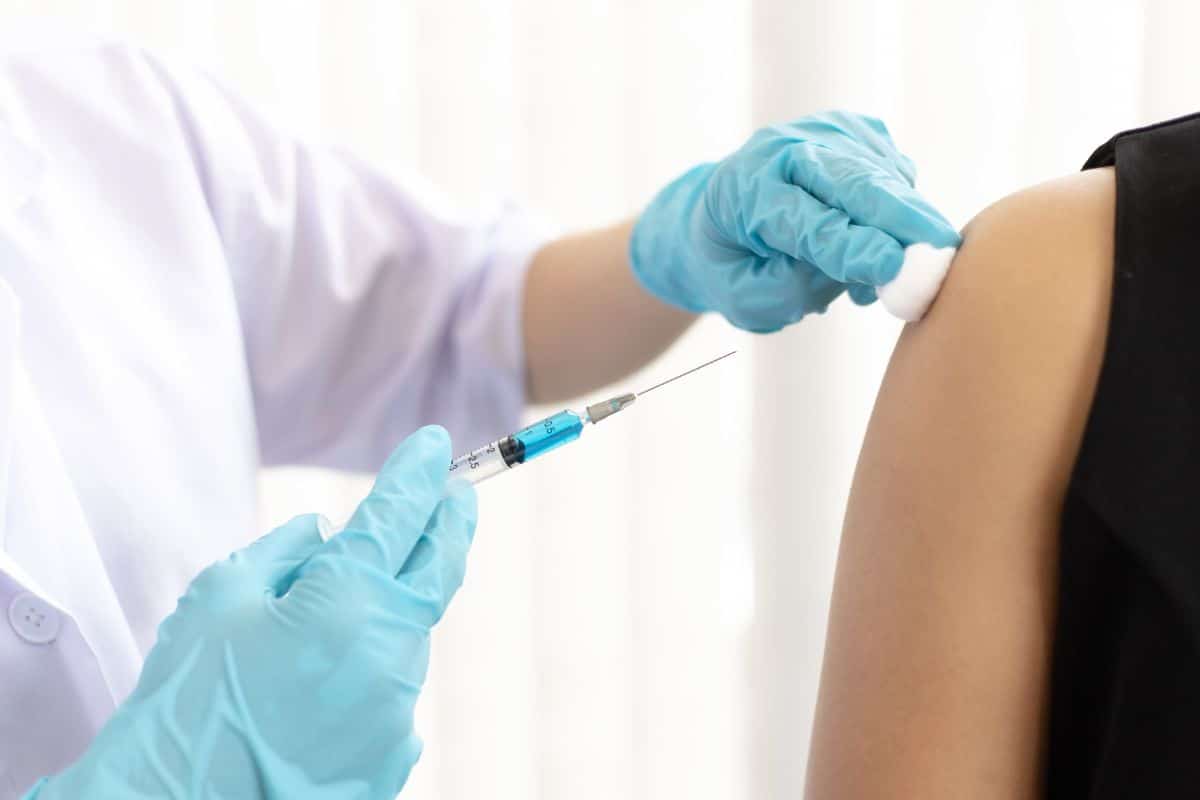
However, if the vaccines had been more equitably distributed around the world, there could have been many more.
The very first corona jab was placed in Great Britain on December 8, 2020. And the roll-out of COVID-19 vaccines in other countries also started quickly – the Netherlands followed on January 6, 2021. It has paid off, a new study in the prestigious scientific journal shows. The Lancet Infectious Diseases now undeniably. Because the vaccines appear to have saved about 20 million lives worldwide in the first year. But especially in high- and middle-income countries.
Saved lives
In their study, the researchers estimate that without corona vaccines, at least 31.4 million people would have died from the effects of COVID-19 by 2021. The vaccines prevented 19.8 million deaths in the first year after the rollout of the vaccines (December 8, 2020 – December 8, 2021). That’s a 63 percent reduction. The study is based on data from 185 countries and territories and is the first to assess the number of deaths directly and indirectly avoided as a result of COVID-19 vaccination.
High and middle income countries
Strikingly, most lives were saved in high and middle-income countries. For example, the researchers found that rich(er) countries were responsible for 12 million of the nearly 20 million prevented deaths. According to the team, this highlights the unequal distribution of vaccines around the world, with low-income countries in particular losing out. “Saving more than 19 million lives through the unprecedented speed of development and rollout of COVID-19 vaccines is an extraordinary global health achievement,” said Professor Alison Galvani in an additional commentary. “Nevertheless, millions of extra lives could have been saved through a more equitable distribution of vaccines.”
COVAX
After the corona vaccines became available, most wealthy countries managed to claim the first stocks of vaccines. In order to also give poor countries a chance, it was COVID-19 Vaccines Global Access (COVAX for short). “This initiative was created because it was clear early on that global vaccine equality would be the only way out of the pandemic,” said researcher Oliver Watson. “Our findings show that millions of lives have likely been saved by making vaccines available to everyone – regardless of wealth. However, more could have been done. If the WHO targets had been met, we estimate that approximately 1 in 5 deaths from COVID-19 in low-income countries could have been prevented.”
The WHO’s goal is to vaccinate 70 percent of the world’s population by mid-2022. In addition, 40 percent of the global population should have received two or more corona shots by the end of 2021. Unfortunately, the latter goal was not achieved.
Despite the incredible speed with which vaccines have been rolled out worldwide, more than 3.5 million deaths from COVID-19 have been reported since the first shot was given in December 2020. The study estimates that an additional 599,300 lives could have been saved if the WHO’s target of giving 40 percent of the population in each country two or more doses of the corona vaccine by the end of 2021 had been met.
Deaths
Of the 599,300 lives, regionally the most lives could have been saved in Africa (58.2%), followed by the Eastern Mediterranean (21.2%). Had the WHO target been met, the number of lives saved by vaccination in these areas would have more than doubled (200,000 additional deaths prevented on top of the 180,300 deaths estimated to have been avoided under current vaccination coverage).
With their study, the researchers show how successful large-scale vaccination programs have been. At the same time, they also put their finger on the sore spot and the study emphasizes the great inequality between rich and poor. “It is important that we ensure that the most vulnerable people in all parts of the world are protected from the ongoing spread of COVID-19 as well as from other major diseases that disproportionately affect the poorest,” said study researcher Azra Ghani. “Ensuring fair access to vaccines is crucial, but requires more than just donating vaccines. Improvements in vaccine distribution and infrastructure are also needed, along with coordinated efforts to combat vaccine misinformation and improve vaccine demand. Only then can we ensure that everyone can benefit from these life-saving resources.”
Source material:
†Modeling suggests COVID-19 vaccines prevented 20 million deaths worldwide in first year– Imperial College London (via Scimex)